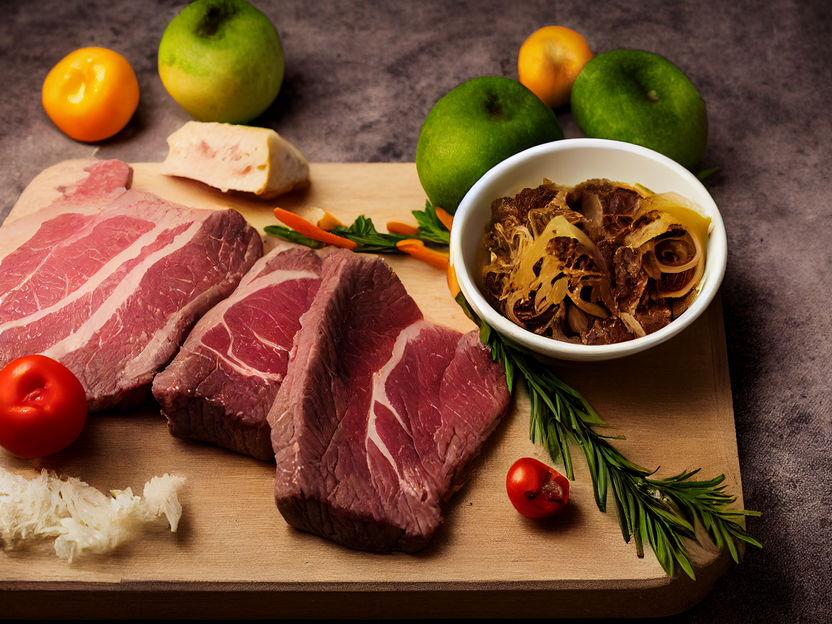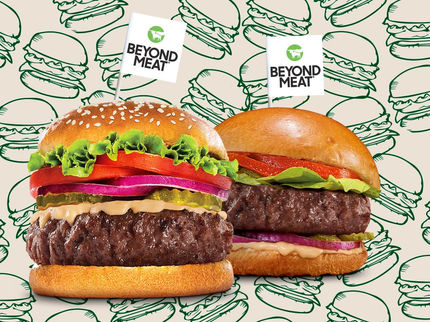High meat consumption threatens global food supply
According to a study by management consultants PwC Strategy&, the current method of food production and, above all, the high level of meat consumption are jeopardizing the future global food supply. The food industry is now responsible for two-thirds of global freshwater consumption, three-quarters of nutrient pollution in waterways and one-quarter of all greenhouse gas emissions, according to the PwC study "The Coming Sustainable Food Revolution.

Comupter generated Picture
In view of the continuing increase in the world's population, a change in food production is urgently needed, the experts write. The current system is not resilient. The Ukraine war alone was enough to trigger a dramatic rise in global food prices.
According to the PwC study, a central role is played by the sharp rise in global meat consumption in recent decades. Around 80 percent of agricultural land is currently used directly or indirectly for meat production, but this covers only 11 percent of global calorie consumption.
Changing eating habits is therefore a crucial step in ensuring that the world's population will continue to be fed in the future. Even replacing beef with chicken could halve carbon dioxide emissions from meat production and reduce water consumption by around 30 percent. The effect would be even greater if people switched to a vegetarian or vegan diet.
At the same time, however, harvesting and supply chains must be made more efficient so that fewer goods spoil on their way to the consumer. Currently, about a third of all food has to be disposed of as a result of delays and inefficiencies in harvesting, logistics or retail. This is where digital technology can bring improvements - for example, by optimizing irrigation and fertilization and accurately tracking goods as they are delivered. Together, all of this could go a long way toward meeting growing food demand in a sustainable way without significant price increases, the study says./rea/DP/zb (dpa)
Note: This article has been translated using a computer system without human intervention. LUMITOS offers these automatic translations to present a wider range of current news. Since this article has been translated with automatic translation, it is possible that it contains errors in vocabulary, syntax or grammar. The original article in German can be found here.
Other news from the department business & finance

Get the food & beverage industry in your inbox
By submitting this form you agree that LUMITOS AG will send you the newsletter(s) selected above by email. Your data will not be passed on to third parties. Your data will be stored and processed in accordance with our data protection regulations. LUMITOS may contact you by email for the purpose of advertising or market and opinion surveys. You can revoke your consent at any time without giving reasons to LUMITOS AG, Ernst-Augustin-Str. 2, 12489 Berlin, Germany or by e-mail at revoke@lumitos.com with effect for the future. In addition, each email contains a link to unsubscribe from the corresponding newsletter.
























































